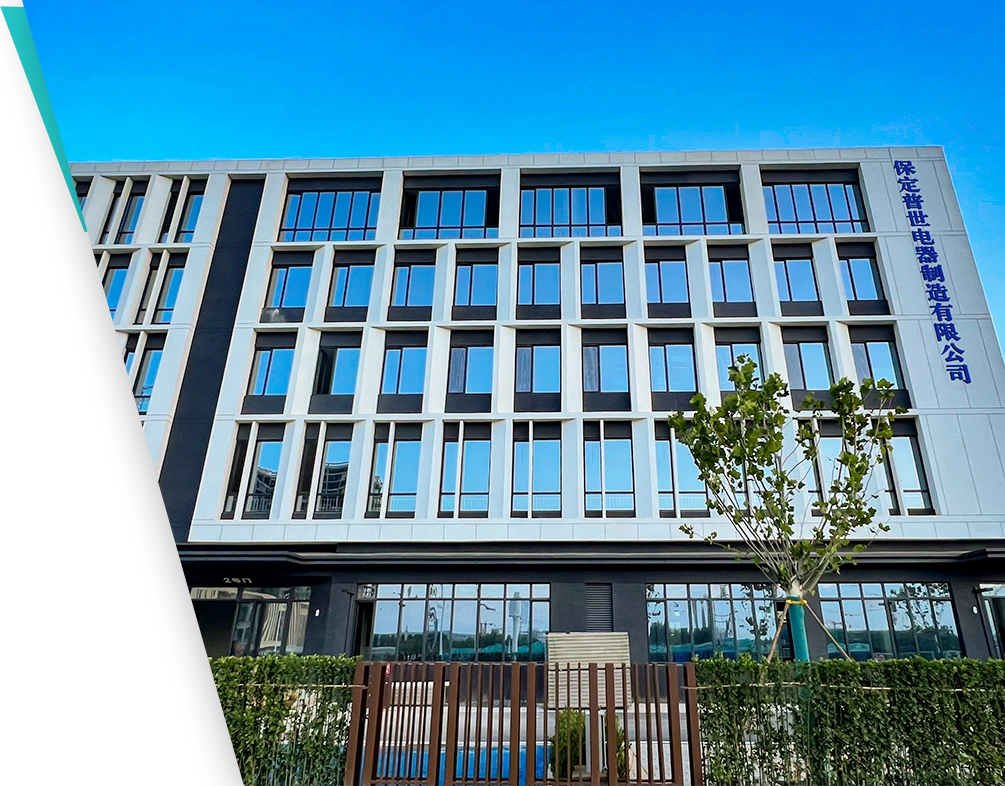 English
English



-
 Afrikaans
Afrikaans -
 Albanian
Albanian -
 Amharic
Amharic -
 Arabic
Arabic -
 Armenian
Armenian -
 Azerbaijani
Azerbaijani -
 Basque
Basque -
 Belarusian
Belarusian -
 Bengali
Bengali -
 Bosnian
Bosnian -
 Bulgarian
Bulgarian -
 Catalan
Catalan -
 Cebuano
Cebuano -
 China
China -
 China (Taiwan)
China (Taiwan) -
 Corsican
Corsican -
 Croatian
Croatian -
 Czech
Czech -
 Danish
Danish -
 Dutch
Dutch -
 English
English -
 Esperanto
Esperanto -
 Estonian
Estonian -
 Finnish
Finnish -
 French
French -
 Frisian
Frisian -
 Galician
Galician -
 Georgian
Georgian -
 German
German -
 Greek
Greek -
 Gujarati
Gujarati -
 Haitian Creole
Haitian Creole -
 hausa
hausa -
 hawaiian
hawaiian -
 Hebrew
Hebrew -
 Hindi
Hindi -
 Miao
Miao -
 Hungarian
Hungarian -
 Icelandic
Icelandic -
 igbo
igbo -
 Indonesian
Indonesian -
 irish
irish -
 Italian
Italian -
 Japanese
Japanese -
 Javanese
Javanese -
 Kannada
Kannada -
 kazakh
kazakh -
 Khmer
Khmer -
 Rwandese
Rwandese -
 Korean
Korean -
 Kurdish
Kurdish -
 Kyrgyz
Kyrgyz -
 Lao
Lao -
 Latin
Latin -
 Latvian
Latvian -
 Lithuanian
Lithuanian -
 Luxembourgish
Luxembourgish -
 Macedonian
Macedonian -
 Malgashi
Malgashi -
 Malay
Malay -
 Malayalam
Malayalam -
 Maltese
Maltese -
 Maori
Maori -
 Marathi
Marathi -
 Mongolian
Mongolian -
 Myanmar
Myanmar -
 Nepali
Nepali -
 Norwegian
Norwegian -
 Norwegian
Norwegian -
 Occitan
Occitan -
 Pashto
Pashto -
 Persian
Persian -
 Polish
Polish -
 Portuguese
Portuguese -
 Punjabi
Punjabi -
 Romanian
Romanian -
 Russian
Russian -
 Samoan
Samoan -
 Scottish Gaelic
Scottish Gaelic -
 Serbian
Serbian -
 Sesotho
Sesotho -
 Shona
Shona -
 Sindhi
Sindhi -
 Sinhala
Sinhala -
 Slovak
Slovak -
 Slovenian
Slovenian -
 Somali
Somali -
 Spanish
Spanish -
 Sundanese
Sundanese -
 Swahili
Swahili -
 Swedish
Swedish -
 Tagalog
Tagalog -
 Tajik
Tajik -
 Tamil
Tamil -
 Tatar
Tatar -
 Telugu
Telugu -
 Thai
Thai -
 Turkish
Turkish -
 Turkmen
Turkmen -
 Ukrainian
Ukrainian -
 Urdu
Urdu -
 Uighur
Uighur -
 Uzbek
Uzbek -
 Vietnamese
Vietnamese -
 Welsh
Welsh -
 Bantu
Bantu -
 Yiddish
Yiddish -
 Yoruba
Yoruba -
 Zulu
Zulu
Advancements in Gas Chromatography Mass Spectrometry Techniques for Enhanced Analytical Capabilities
Gas Chromatography Mass Spectrometry An Overview
Gas Chromatography Mass Spectrometry (GC-MS) is a powerful analytical technique widely used in various fields, including environmental monitoring, pharmaceuticals, food safety, and forensic science. This method combines the separation capabilities of gas chromatography with the identification and quantification abilities of mass spectrometry, offering a robust platform for analyzing volatile compounds.
Principles of Gas Chromatography
In gas chromatography, the sample is first vaporized and then injected into a chromatographic column. This column contains a stationary phase, usually a liquid coated on a solid support, which interacts differently with various components of the sample. As the sample gas flows through the column, components are separated based on their affinity for the stationary phase and their volatility. Highly volatile compounds elute faster, while less volatile ones take longer to pass through the column. The separation process results in a series of peaks on a chromatogram, each corresponding to a different compound.
Integration with Mass Spectrometry
Once the compounds are separated by gas chromatography, they are introduced into the mass spectrometer for analysis. The mass spectrometer ionizes the compounds, converting them into charged particles. These ions are then accelerated through a magnetic or electric field, which separates them based on their mass-to-charge ratio (m/z). The resulting mass spectrum provides detailed information about the molecular weight and structure of the compounds.
The combination of GC and MS allows for highly sensitive detection and the ability to identify compounds at very low concentrations, often in the parts-per-billion range. This sensitivity is crucial in applications such as detecting pollutants in environmental samples or identifying trace levels of drugs in biological matrices.
Applications of GC-MS
GC-MS has a broad range of applications across various industries. In environmental science, it is used to analyze air, water, and soil samples for pollutants, pesticides, and hazardous materials. The technique is essential for monitoring compliance with environmental regulations and assessing ecological risks.
gas chromatography mass spec

In the pharmaceutical industry, GC-MS plays a vital role in drug development and quality control. It is used to verify the identity and purity of compounds, analyze impurities, and monitor the stability of formulations. The ability to detect trace levels of active ingredients is crucial in ensuring patient safety and efficacy.
Food safety is another critical area where GC-MS is employed. It is used to detect pesticide residues, food additives, and contaminants such as heavy metals and mycotoxins. By ensuring food products meet safety standards, GC-MS helps protect public health.
Forensic science also utilizes GC-MS to analyze evidence from crime scenes. It can identify substances such as drugs, toxins, and explosive residues, playing a key role in investigations and legal proceedings.
Advantages and Limitations
The advantages of GC-MS are numerous. It offers high sensitivity, specificity, and the ability to analyze complex mixtures. The method is relatively fast, providing results in a short timeframe and allowing for high-throughput analysis.
However, there are limitations. GC-MS is only suitable for volatile compounds; non-volatile or thermally labile substances may require different extraction methods or pre-treatment to ensure they can be analyzed effectively. Additionally, the equipment and maintenance costs can be high, making it less accessible for some laboratories.
Conclusion
Gas Chromatography Mass Spectrometry is a cornerstone technique in analytical chemistry, providing valuable information across various fields. Its ability to combine separation and identification allows scientists to explore complex chemical mixtures and ensure safety in our environment, food, and medicines. As technology continues to advance, the capabilities and applications of GC-MS are likely to expand, further solidifying its importance in scientific research and industry.
-
Testing Equipment Industry Sees Major Advancements in 2025: Smart & Precision Technologies Lead the WayNewsJun.06,2025
-
Applications of Direct Current Generators in Renewable Energy SystemsNewsJun.05,2025
-
Hipot Tester Calibration and Accuracy GuidelinesNewsJun.05,2025
-
Digital Circuit Breaker Analyzer Features and BenefitsNewsJun.05,2025
-
Benefits of Real-Time Power Quality Monitoring Devices for Industrial EfficiencyNewsJun.05,2025
-
Earth Fault Loop Testing in High-Rise Building Electrical SystemsNewsJun.05,2025



